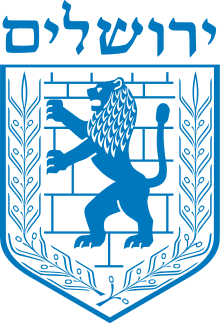Hey Church!
We will sing “The Lion and the Lamb” together in church this Sunday and, since it’s been a while, I thought a brief review of its meaning would be helpful.
All the way back in Genesis 3, God made a covenant with Adam to restore the fallen creation by means of a Deliverer who would come through the “seed” of a woman, meaning He would be born of a human virgin (thus He will be both human and divine). This God-man would be afflicted by the evil serpent-enemy (“he shall bruise your heel”) but ultimately triumph over him (“he shall crush your head”). Generation after generation received God’s salvation-promise as they looked forward in faith to the coming of the true Lamb of sacrifice who would make full and perfect atonement for the sin of the world.
As biblical history continued to unfold, God renewed His covenant promise on multiple occasions, most notably with Noah, Abraham, Moses, and David, with each one revealing more and more about what the Messiah and His Kingdom would be like. In time, it became apparent that the promised Deliverer would come from the tribe of Judah. Judah was Jacob’s fourth son and the one to whom his father spoke a prophetic blessing, saying that he would be as a mighty lion whose scepter will forever reign over all peoples (Gen. 49:9-10). Generations later, one of Judah’s descendants, David, was born in Bethlehem.
A popular rendition of Judah’s family crest features the image of a lion:

God renewed His covenant with King David, saying that the Messiah would be born through his family line and that his kingdom would reign forever and ever. Eighteen generations later, a boy was born in Bethlehem to a virgin named Mary and her fiancé, Joseph. The opening verse of Matthew’s gospel identifies that child as “Jesus the Messiah, the Son of David, the Son of Abraham.” John the Baptist recognized Him as the “Lamb of God who takes away the sins of the world.” And Revelation 5:5 identifies Him as “the lion of the tribe of Judah, the Root of David” and, a few verses later, as “a Lamb standing, as though it had been slain.”
In the brilliant words of St. Augustine, “[Jesus] endured death as a lamb; He devoured it as a lion.”
And so we will sing and proclaim (LOUDLY) this Sunday,
“Our God is the Lion, the Lion of Judah!
He’s roaring with power and fighting our battles!
And every knee will bow before Him.
Our God is the Lamb, the Lamb that was slain!
For the sins of the world, His blood breaks the chains!
And every knee will bow before the Lion and the Lamb!
Every knee will bow before Him!”
Amen!
Ryan

